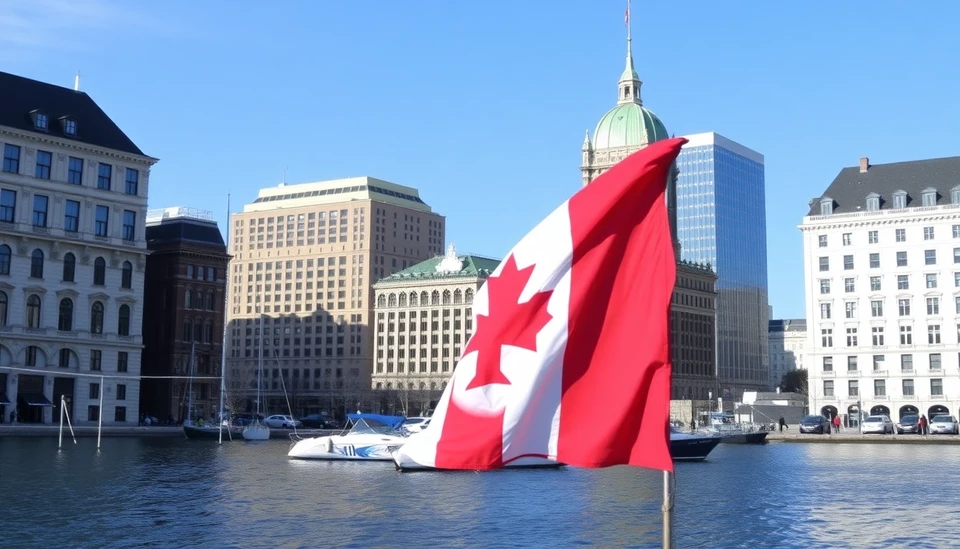
In a bold move, the government of Quebec has proposed that Canada should consider implementing an aluminum tax. This strategy aims to create leverage in negotiations with the United States, especially concerning trade policies and tariffs. The suggestion comes amidst ongoing discussions regarding the economic dependencies and competitive dynamics between the two nations.
The idea of an aluminum tax stems from Quebec's significant aluminum production capabilities, positioning the province as one of the leading suppliers in North America. By advocating for such a tax, the Quebec government hopes to strengthen its bargaining position against U.S. regulatory measures that could undermine Canadian aluminum producers. This follows a series of disputes that have arisen due to U.S. tariffs on various products, which have particularly impacted Canadian industries.
Quebec Minister of Economy and Innovation, Pierre Fitzgibbon, emphasized the importance of standing firm against unilateral actions by the U.S. He suggested that an aluminum tax could serve as a tactical advantage, enabling Canada to challenge protective trade measures imposed by its southern neighbor. Fitzgibbon believes that creating a framework for this tax could encourage more equitable trade practices, potentially leading to more favorable agreements on both sides.
The proposal has sparked discussions within Canadian political circles. Supporters argue that such a tax is necessary to protect domestic industries from overwhelming foreign competition, while critics warn that it could provoke further retaliatory measures from the U.S. government. The potential ramifications of introducing a tax are significant, with industry stakeholders closely monitoring developments and assessing the impact on the aluminum market.
Moreover, the instance illustrates the fraught nature of U.S.-Canada trade relations, especially in the wake of recent trade agreements and negotiations. As both countries attempt to navigate their economic interdependence, Quebec's push for an aluminum tax stands out as a strategic approach to recalibrate their position in the ongoing dialogue.
This initiative might also resonate with broader discussions surrounding sustainable practices and responsible sourcing in the aluminum industry. Quebec has been working to enhance its sustainable production methods, which could bolster its case for a tax designed to promote environmentally friendly trade practices. Raising the bar for aluminum sourcing could attract international buyers who prioritize sustainability, allowing Canada to carve out a niche in a competitive market.
As the world continues to confront economic challenges related to inflation and supply chain disruptions, Quebec's proposal comes at a pivotal moment. By leveraging its resources, the province aims to not only protect its interests but also to foster a healthier economic environment across Canada. How the federal government responds to this suggestion remains to be seen, but it is undoubtedly a significant chapter in the ongoing narrative of U.S.-Canadian trade relations.
In conclusion, Quebec's push for an aluminum tax reflects a strategic maneuver designed to fortify Canada's negotiation power with the U.S. and safeguard Canadian industries. As discussions unfold, both the provincial and federal governments will need to navigate the complexities of international trade and the associated risks.
#Quebec #AluminumTax #USTradeRelations #CanadianEconomy #TradeNegotiations
Author: Samuel Brooks




